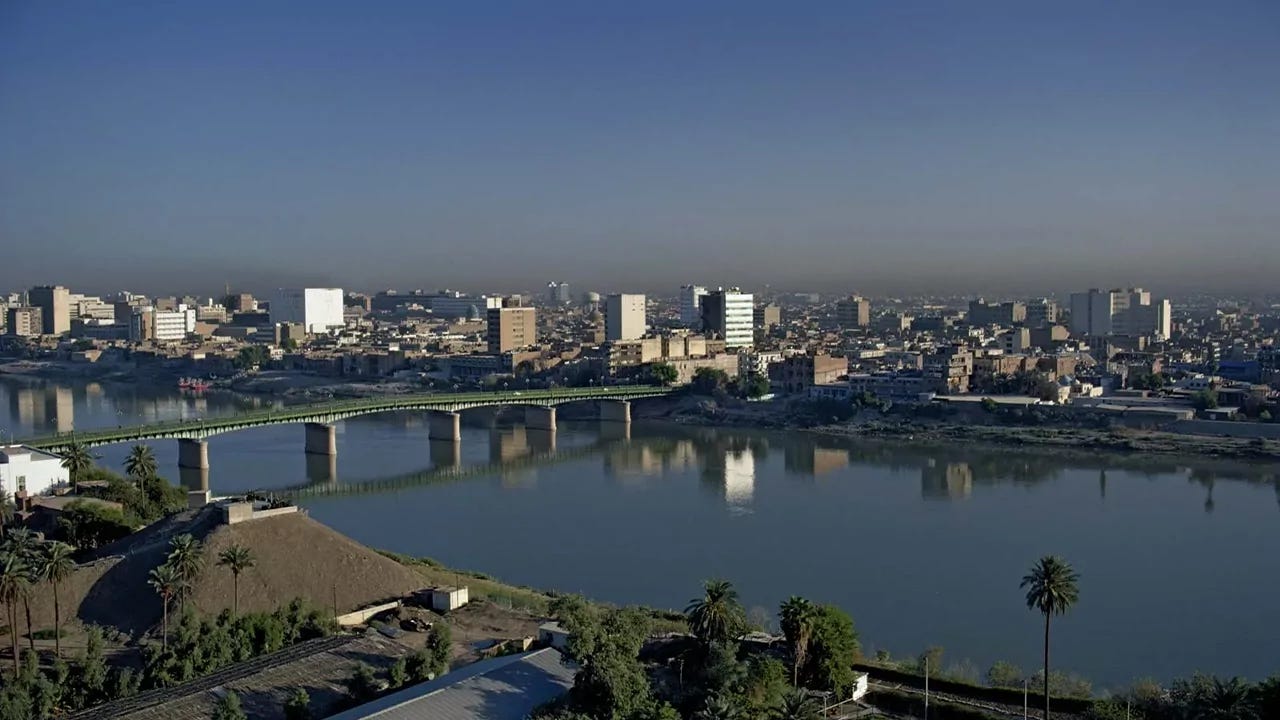Iraq Implements Annual Fee for Digital Content Creators
Iraq's Communications and Media Commission (CMC) has introduced an annual licensing fee for digital content creators, a move sparking debate about its potential impact on the burgeoning digital economy and freedom of expression within the country. The fee, which can reach up to $760, aims to regulate online activity and generate revenue, but concerns are rising among content creators.
The New Regulations
The Iraqi Communications and Media Commission (CMC) has announced new regulations requiring digital content creators to obtain a license and pay an annual fee. The fee varies based on the type and scope of content being produced. This decision is intended to formalize and regulate the growing digital content creation sector in Iraq.
Fee Structure and Implementation
The annual fee can reach up to $760 USD, a significant sum in the Iraqi economy. The specific amount depends on several factors, including the creator's audience size, revenue generated from online activities, and the nature of their content. The CMC has stated that these fees will be used to support the development of the media sector and improve content quality.
Potential Impact on Creators
The introduction of these fees has generated mixed reactions from Iraqi digital content creators. Some view it as a necessary step toward professionalizing the industry and ensuring responsible content creation. However, many worry that the fees will disproportionately affect smaller creators and stifle creativity. There are also concerns that the regulations could be used to suppress dissenting voices and limit freedom of expression online.
Concerns and Criticisms
Several organizations and individuals have voiced concerns about the potential negative consequences of these regulations. Critics argue that the fees are too high, especially for emerging creators. The lack of clarity regarding the criteria for determining the fee amount also raises concerns about transparency and potential for arbitrary enforcement. This move could potentially discourage entrepreneurship in the digital space within Iraq, hindering the growth of a vital sector.
MENA Context and Digital Landscape
Across the MENA region, governments are grappling with how to regulate the rapidly expanding digital landscape. While some countries have adopted more liberal approaches, others have implemented stricter controls on online content. This move by Iraq reflects a growing trend in the region to exert greater control over digital media.
Looking Ahead
The implementation of these regulations is likely to be closely monitored by digital content creators, industry experts, and human rights organizations. It remains to be seen whether the fees will achieve their stated goal of improving content quality and supporting the media sector, or if they will primarily serve to stifle creativity and limit freedom of expression. The long-term impact on the Iraqi digital economy will depend on how the regulations are implemented and enforced in practice.
Source: Waya


